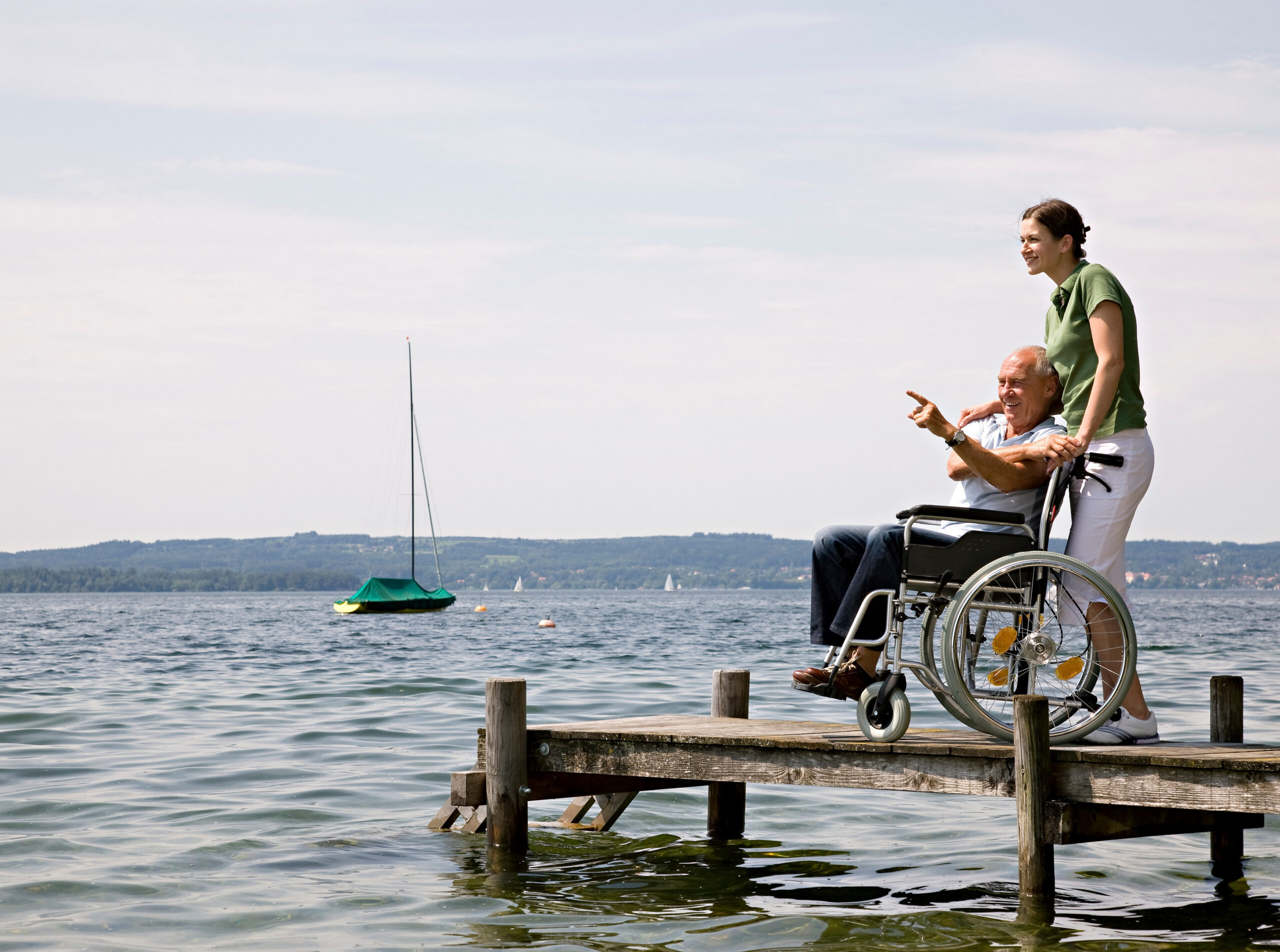Even before the COVID-19 pandemic, isolation and loneliness were two of the biggest issues facing seniors, especially ones who live alone. Now, the spotlight was shining on these two concerns during the periods of quarantine and lockdown that we all observed.
One way to combat these issues is through the companionship of an animal. According to a survey conducted by the University of Michigan, more than half (55%) of adults aged 50-80 reported having a pet.
Far Rockaway Center for Rehabilitation and Nursing is sharing this study that explored the reasons that seniors have pets.
Among those pet owners, dogs were the most popular animal owned at 68%. Nearly one in two people surveyed owned a cat (48%) while a small pet like a bird, fish, or hamster was owned by 16%. Over half (55%) said they owned multiple pets.
While people in the 50-64 age group were more likely to have a pet than the 65-80 range, the vast majority of respondents (80%) said they had others help care for their pets–this includes things like walking dogs, cleaning up after them, and making sure they were up to date on visits to the vet.
The Benefits of Pet Ownership
The pet owners were then given a series of statements to see if they agreed with them or not. The biggest reason that pet owners agreed with was that pets helped them enjoy life (88%), followed by making them feel loved (86%), reduce stress (79%), provide a sense of purpose (73%), and help connect with other people (65%). These statements all relate to ways people can avoid feelings of loneliness and isolation.
In addition, there are physical and emotional impacts of pet ownership. Around 78% of dog owners said that having a dog helps them keep physically active, while 72% of people living alone and/or reported living in fair to poor physical health said that their pet helps them cope with physical or emotional symptoms.
As for pet owners’ main reason for getting a pet in the first place, the most common response (52%) was companionship.
Those who did not have a pet cited were also asked why they did not have one. The top response was not wanting to be tied down (42%), followed by cost (23%), and allergies (16%).
To learn more about Far Rockaway Center for Rehabilitation and Nursing and all of the services they offer, visit http://far-rockaway-center.facilities.centershealthcare.org.






